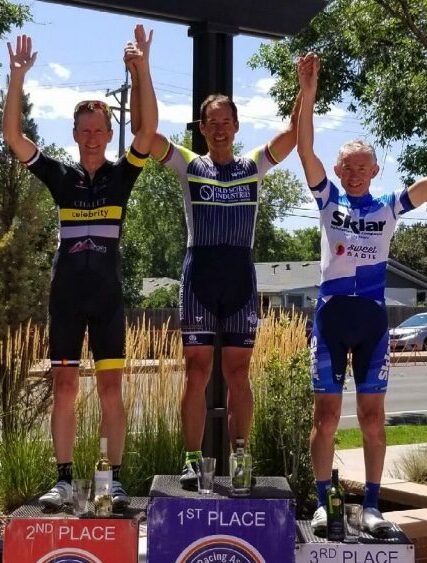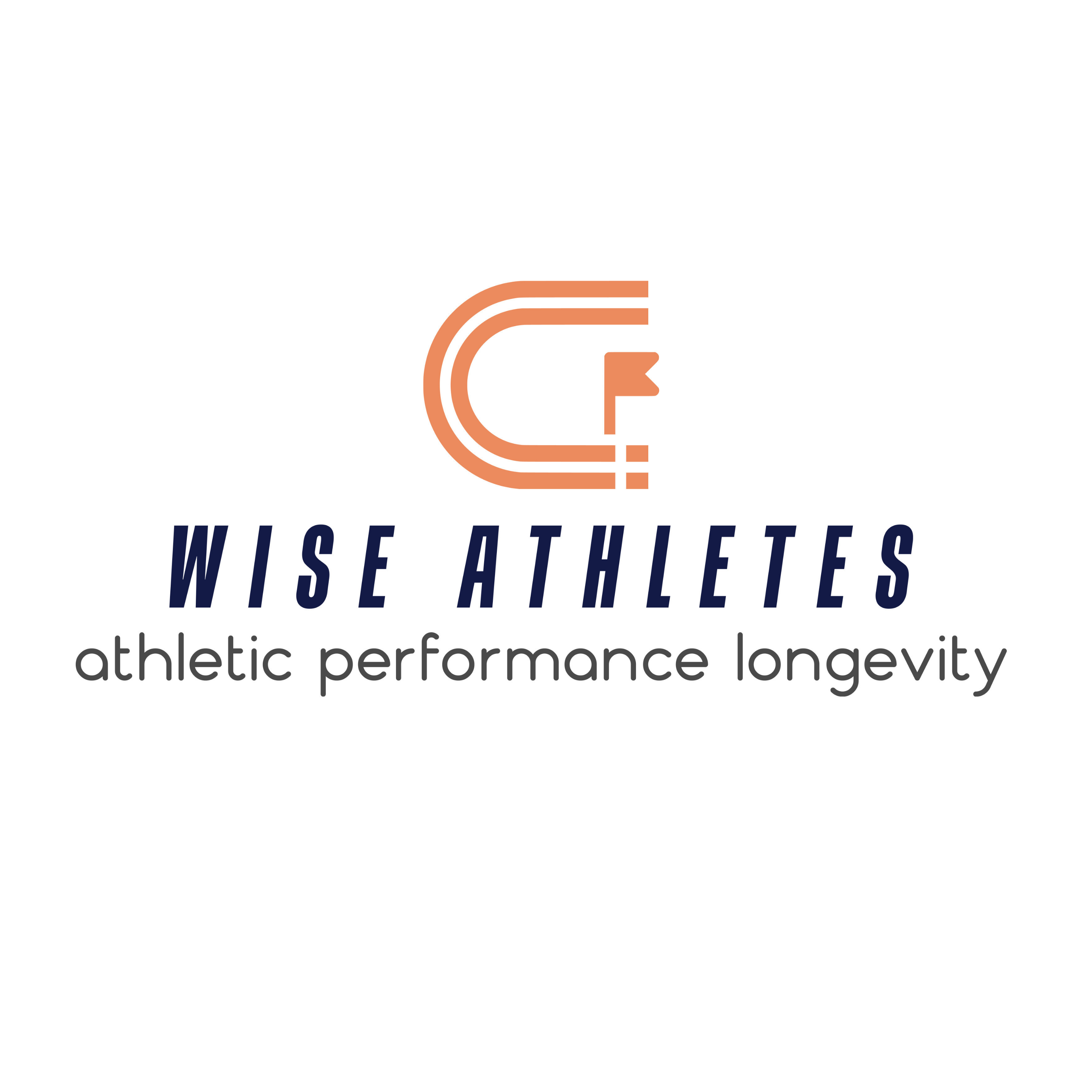Professional Grade Supplements for Wise Athletes
About the guest:
Trevor Connor is an exercise physiologist, endurance sports coach, and former professional cyclist with nearly 20 years of racing experience. He has coached at national performance centers in both Canada and the U.S., managed teams such as Team Rio Grande, and holds a master's degree in exercise bioenergetics and nutrition. He is also the co-host of the Fast Talk podcast, which focuses on the science of endurance performance.
Trevor earned his master's degree in exercise bioenergetics and nutrition from Colorado State University, where he was the final graduate student of Dr. Loren Cordain, the originator of the Paleo Diet. His research focused on the effects of a Paleo-style diet on autoimmune conditions, including multiple sclerosis and Crohn’s disease
- CEO of The Paleo Diet, LLC: Since 2018, Connor has led the company, overseeing its programs, certifications, and branding initiatives
- Co-founder and CEO of Fast Talk Laboratories: He co-founded this platform dedicated to endurance sports science, offering resources on training, nutrition, and performance
- Cycling Career: A former semi-professional cyclist, Connor trained at the Canadian National Center and managed Team Rio Grande, a top-ranked amateur team in the U.S.
Episode Summary:
The Paleo Diet. Initially skeptical of the Paleo Diet, Connor's perspective shifted after personal experimentation led to improved health and a return to competitive cycling at age 40. He now advocates for whole-food nutrition and challenges traditional high-carbohydrate sports diets, emphasizing the benefits of healthy fats and reduced sugar intake
Our talk today is mostly about how can the older athlete get the most out of the Paleo Diet and how to personalize it to make it work for each of us. What are the most important guidelines of the Paleo Diet that should guide and simplify our food decision-making. Foods to emphasize and minimize. Eating (and not eating) patterns that matter.
Some important notes:
- Macronutrient based diets are hard to get right because there are healthy and unhealthy versions of all macronutrient diets. Paleo is not about macros, but instead about whole foods that mimics the food supply 10,000 years ago. Fruits, vegetables, naturally grown meat and fish, and nuts and seeds sparingly. Limit grains and minimize dairy. Some people should also limit legumes (beans / pulses / lentils / etc)
- Eating whole foods means not just getting the vitamins and minerals and macronutrients but also the food matrix....all the other stuff in things that were once alive. Everything provides some benefit as long as we don't overdo it. But eating processed foods without the food matrix is a poor health choice.
- An ancestral diet is hard to define exactly and impossible to replicate today, but some features can be mimicked: not eating the same things all the time or out of season, not eating the full daily calorie requirements every single day, eating foods that were recently alive are hard to chew (good for oral health and is satiating), not over-eating foods that didn't exist (dairy, processed food) or were in short supply (grains, beans).
- Eat more potassium and less sodium (people generally get too much sodium; avoid processed food with sodium)
- Eat more magnesium and less dairy (less calcium). Target 2:1 calcium to magnesium; most people are 4:1 calcium to magnesium.
- Supplements recommended by Trevor: Vitamin D, Fish Oil (EPA/DHA), Magnesium (especially if consuming dairy: heavy calcium source), Taurine (especially vegans or low seafood consumers)
- Protein: one source of protein is not the same as another source of protein so you cannot just talk amount of protein in a healthy diet. Protein from dairy is not the same as protein from muscle meat (animals / fish). Dairy comes from cows for their babies to grow up fast. The effect of dairy (whey / casein) is not the same as the effect of protein from muscle meat. Low / no dairy is best unless you need to build muscle as fast and as big as possible, but it comes with heath effects.
Related episodes & links:
Help the show:
3 ways to support our show:
- Leave a review (or share this episode)
- Check out our Fullscript site to save big on high quality supplements. Thank you!
- Email us your questions at [email protected].
*This content is never meant to serve as medical advice.


